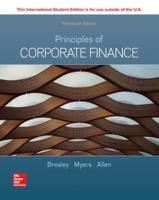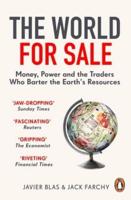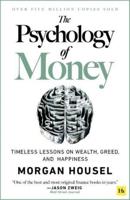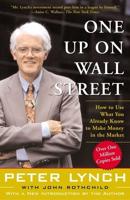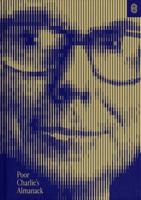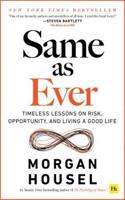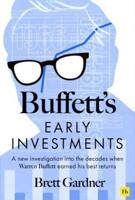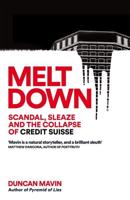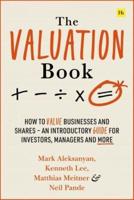Publisher's Synopsis
"Lawrence H. White deals with a major issue of the 1990sreprivatization of money. He makes a cogent argument and presents evidence that private, competing currencies would provide more monetary stability than do central banks. Surprisingly enough, modern private money may emerge first in Eastern Europe, where the gap between the economy's need and the government's money is greates."
Richard Rahn, Vice President and Chief Economists, U.S. Chamber of Commerce.
"Boldly, White makes a persuasive case for free banking....In time, we may well look back and regard Competition and Currency as crucial in the development of the economy and economic thought of the future."
The New York City Tribune
"White is a leading analyst of a laissez-faire monetary system featuring a privately issued money supply. HIs perceptive insights force a rethinking of our present regulated monetary system and of what kind of reforms will remedy its defects. Avery worthwhile collection of essays for all students of monetary theory."
Philip Cagan, Columbia University
"White is a leading analyst of a laissez-faire monetary system featuring a privately issued money supply. HIs perceptive insights force a rethinking of our present regulated monetary system and of what kind of reforms will remedy its defects. A very worthwhile collection of essays for all students of monetary theory."
Phillip Cagan, Columbia University
"Newcomers to the literature...would be recommended to start with White's volume, where each paper is self-contained in its handling of particular aspects of free banking...Highly recommended as clear, well-argued expositions of the case for free banking, challenging assumptions common to much of monetary economics. It is particularly apposite that these assumptions be questioned at a time when institutional reform is so much on the agenda."
Sheila C. Dow, The Economic Journal

